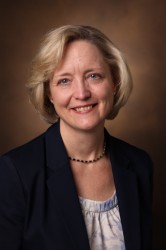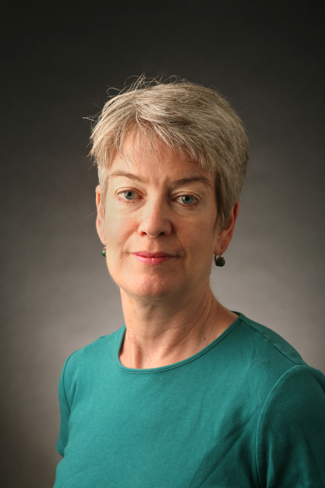
Provost and Vice Chancellor for Academic Affairs Susan R. Wente has announced a dynamic and multifaceted plan to advance the arts and humanities both within and beyond Vanderbilt.
“The arts and humanities, which have an incredible foundation at Vanderbilt, are vital to our mission and our commitment to a broad-based liberal education,” Wente said. “The Academic Strategic Plan provided the inspiration for a number of investments in the arts and humanities in recent years, and I’m excited to build on that momentum with this next installment of initiatives.”
The action plan is aligned with the Academic Strategic Plan and responds to recommendations made by the Chancellor’s Humanities Committee’s manifesto and recommendations, the October 2018 Chancellor’s Town Hall for the Arts, and feedback gathered through various other channels. Key components include:
- creation of a visiting fellows fund program to support bringing outstanding scholars and leaders to campus;
- promotion of opportunities for new curriculum development through special topic courses and programs like iSeminars and University Courses;
- creation of an arts and humanities rapid response fund;
- design and launch of a robust web portal to boost visibility of arts and humanities on campus and globally;
- formation of a faculty committee on graduate education and the humanities;
- continuation of design work to include spaces for the arts in residential colleges and for representation of the arts and humanities in building carvings.
In addition, a number of efforts are being led by the schools and colleges to advance both the arts and humanities across campus. For example, a review of the Robert Penn Warren Center was recently announced and a trans-institutional digital humanities task force is in the planning stages. A trans-institutional capital planning process for the humanities and social sciences in the Arts and Science historic core is also underway. While the current capital planning process is largely focused on the A&S historic core, it will explore synergies and opportunities for collaboration with the Central Library, Blair School of Music and Vanderbilt Divinity School.
Full details of the arts and humanities action plan can be found online.

“I’m excited for the future of our Vanderbilt community—especially for our students who are passionate about the arts and humanities—now that a multilayered plan is being put into action,” said Leah Lowe, associate professor of theatre and department chair. Lowe was among the faculty presenters at the Chancellor’s Town Hall for the Arts.
A robust arts and humanities web portal will showcase the humanistic work happening at Vanderbilt, bringing increased visibility and prestige to the university’s humanities scholars and artists. The portal also will serve as a gateway to relevant resources across campus and be part of a larger effort to promote other disciplinary areas of research and scholarship. The new portal will complement the Center for Digital Humanities outreach, which will continue to provide support and an intellectual community for creative and scholarly projects that explore the intersections of digital technology and humanistic inquiry.
A draft framework for a provost-sponsored visitors fund will be developed over the course of the year. The program will include access to housing accommodations and event space in the iconic tower planned for Residential College-A. The program will be designed to support existing and new visitor programs with the end goal of enhancing our scholarly community and for elevating the Vanderbilt name around the globe. In addition to the Humanities Manifesto, this program responds to recommendations made by the Vanderbilt University Research Council and the International Strategy Working Group.
Similar to the Global Research and Engagement Fund, an arts and humanities rapid response micro-grant program will soon be announced to offer funding to faculty for timely projects in the arts and humanities that do not fit with other larger and longer-term funding models. One example of such a micro-grant would be to support a faculty member to produce an art exhibit in response to a current event.
More information and a form for feedback on this action plan can be found on the provost’s website.